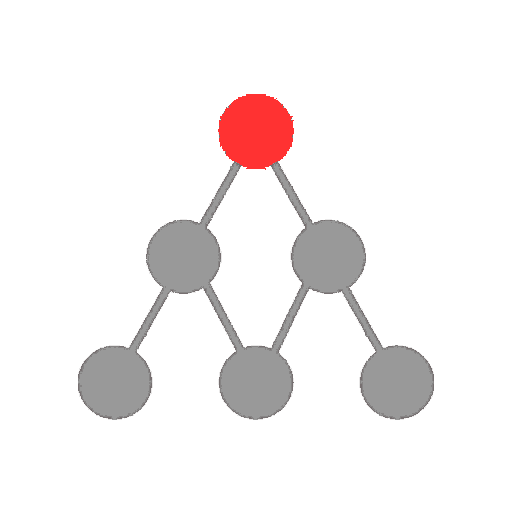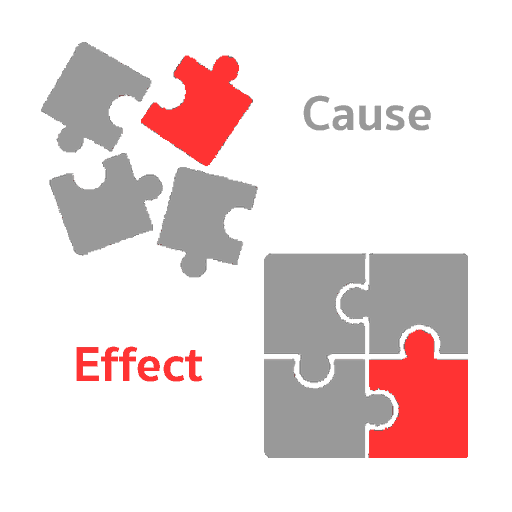NLP Generalization

The third process in the NLP Meta Model is NLP generalization, also directed to Limits of the Speaker’s Model. Where we draw global conclusions based on one, two or more experiences what we call the process of NLP generalization. At its best, NLP generalization are one of the ways that we learn. We take the information we have and draw broad conclusions about the world based on one or more experiences. At its worst, generalization is how we take a single event and make it into a lifetime of experience.
NLP Distortion

In NLP Distortion is the second part of the NLP Meta Model. NLP Distortion, or Semantic Ill Formedness, occurs when we make shifts in our experience of sensory data by making misrepresentations of reality. Let’s start with a well known story of NLP distortion in Eastern philosophy. It is the story of the rope and the snake. A man walks along a road and sees what he believes to be a snake and yells, “SNAKE!”. However, upon closer investigation he is relieved to discover that it really was only a piece of rope.
NLP Nominalization

In NLP Nominalization is a verb, representing a process, which turned into a noun or an event or a concept. This is something that is more easily dealt with as a verb/process, than a noun/event. We naturally nominalize things all the time. It is a nominalization, “if you cannot put it in a wheelbarrow.” First of all, people nominalize things to try to get a handle on the, or to be more easily able to refer to them in simpler terms.
NLP Lost Performative

In NLP Lost Performative is any value judgement or opinion. The source of the judgement or opinion is absent. So often beliefs and opinions pass down from person to person. Eventually to the point where the belief or opinion is no longer relevant to the person offering it or contextually appropriate. Lost performatives are when someone is talking about a personal belief, but presents it as though it was a universal truth. We then accept it as true without questioning it as we would if we heard it as someone’s personal opinion.
NLP Cause and Effect

What is NLP Cause and Effect?
In NLP Cause and Effect is simple to explain. This language pattern indicates a causal relationship between one element or phrase and another. Because something causes or leads to something else, or makes something else occur. Cause and Effect statements are often heavily associated with beliefs and rules. Some keywords to listen for: “IF … THEN …” (even if the “THEN” part is implied), or, “WHEN … I/THEY/IT …”
NLP Complex Equivalence

What is NLP Complex Equivalence
In NLP Complex Equivalence is a conclusion. It bases itself on a static belief that gives some conditions. The outcome will always be the same. NLP suggests that this is a close view of potential possibilities. It provides opportunities for learning, growth and change. Often, complex equivalences are used in the process to chunk up (or generalising) inappropriately. To make summary judgments that do not apply as widely as a person is implying.
NLP Mind Reading

In NLP Mind Reading is when you assume you know what another person thinks or feels in a given situation. And I know what you are thinking right now! Because you never completely or fully do, even if you think they or feel is a close representation of what another person thinks or feels. So, by its definition, any assumption about another person’s feelings or thoughts is mind-reading.
NLP Lack of Referential Index

What is NLP Lack of Referential Index?
Any unspecified noun, where it is impossible to identify the representative entity from the immediate context of its usage is called in NLP Lack of Referential Index. I.e., it is unclear as to whom or what the noun makes reference to. Unspecified nouns are nouns (the person/being or thing part) where you don’t know who or what they are specifically talking about. NLP calls this a lack of referential index. Don’t you love these terms? Not knowing who or what the person is talking about can result in misunderstanding. You (or they) tend to fill in the gaps with your (or their) own ideas and will walk into a mind read. In other words we have to guess and then act on that guess.
NLP Comparative Deletion

In NLP Comparative Deletion is any statement wherein a comparison is implied or given. But where one side of the comparison is omitted. When you accept a statement without understanding what’s behind it, you get stuck. Many “self esteem” issues come from deciding someone is better or more worthy at a general level rather than questioning the standard. “Better at what specifically?” If you don’t know what the standard is, how can you improve or disregard it?
NLP Unspecified Verb

What is the NLP Unspecified Verb?
A verb that deletes specific information in any way as to how, when or where is called in NLP Unspecified Verb. Unspecified Verbs are verbs (the doing part) in a sentence that don’t fully describe the action taking place. They don’t give enough information to let you know what is going on for them. People usually fill in the gap with their own experience – called Mind Reading. When people use unspecified verbs, all it means is that they do not have the descriptive way of representing what they mean and/or understand.


